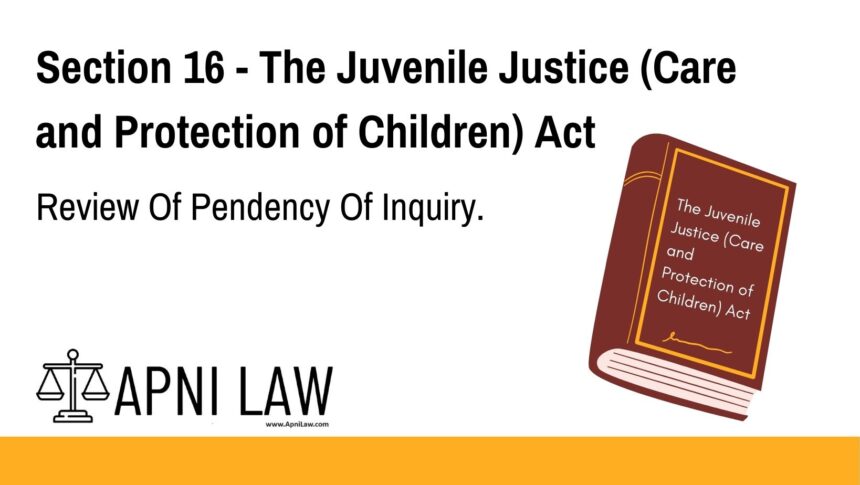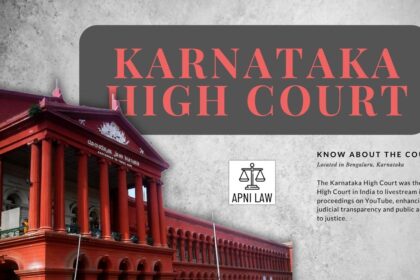Code
(1) The Chief Judicial Magistrate or the Chief Metropolitan Magistrate shall review the pendency of cases of the Board once in every three months, and shall direct the Board to increase the frequency of its sittings or may recommend the constitution of additional Boards.
(2) The number of cases pending before the Board, duration of such pendency, nature of pendency and reasons thereof shall be reviewed in every six months by a high level committee consisting of the Executive Chairperson of the State Legal Services Authority, who shall be the Chairperson, the Home Secretary, the Secretary responsible for the implementation of this Act in the State and a representative from a voluntary or non-governmental organisation to be nominated by the Chairperson.
(3) The information of such pendency shall also be furnished by the Board to the Chief Judicial Magistrate or the Chief Metropolitan Magistrate and the District Magistrate on quarterly basis in such form as may be prescribed by the State Government.
(4) The District Magistrate may, as and when required, in the best interest of a child, call for any information from all the stakeholders including the Board and the Committee.
Explanation
Section 16 of the Juvenile Justice (Care and Protection of Children) Act, 2015 focuses on monitoring and reducing case pendency before Juvenile Justice Boards (JJBs). It outlines a structured multi-level oversight mechanism:
-
Subsection (1): The Chief Judicial Magistrate (CJM) or Chief Metropolitan Magistrate (CMM) is mandated to review the pendency of cases before the JJB every three months. Based on this, they may order more frequent Board sittings or recommend the formation of additional Boards to handle the workload.
-
Subsection (2): Every six months, a High-Level Committee (comprising key officials like the Executive Chairperson of the State Legal Services Authority, Home Secretary, and others) must review the total number of pending cases, their duration, and reasons for delay.
-
Subsection (3): The Board is responsible for furnishing pendency reports quarterly to both the CJM/CMM and the District Magistrate.
-
Subsection (4): The District Magistrate is empowered to call for any relevant information from stakeholders, including the Board and related Committees, to serve the best interest of the child.
Illustration
Example:
The Juvenile Justice Board in Bhopal has 160 cases pending for over six months. Upon reviewing this in their quarterly check, the CJM notes significant delays due to insufficient sittings.
The CJM directs the Board to hold sessions twice a week instead of once. Simultaneously, the High-Level Committee during its bi-annual review notices similar delays across the state and recommends forming two new Boards in major districts.
Meanwhile, the District Magistrate requests details of prolonged cases involving girls in observation homes, aiming to ensure immediate redressal of their grievances.
Common Questions & Answers
Q1: Why is periodic review of pendency important?
A: It ensures speedy justice for children and avoids prolonged detention or delay in rehabilitation.
Q2: What actions can the CJM/CMM take based on reviews?
A: They can direct the Board to increase sittings or recommend establishing additional Boards.
Q3: Who chairs the High-Level Committee for six-month reviews?
A: The Executive Chairperson of the State Legal Services Authority.
Q4: Can the District Magistrate intervene at any time?
A: Yes, under Subsection (4), the District Magistrate can call for relevant information as needed in the child’s best interest.
Conclusion
Section 16 reinforces accountability and time-bound justice in the juvenile justice system. By involving judiciary, executive, and civil society at multiple levels, it ensures that delays in juvenile cases are consistently monitored and reduced. This proactive oversight protects children from unnecessary procedural hardship and upholds the core objective of the Juvenile Justice Act — rehabilitation over punishment.








